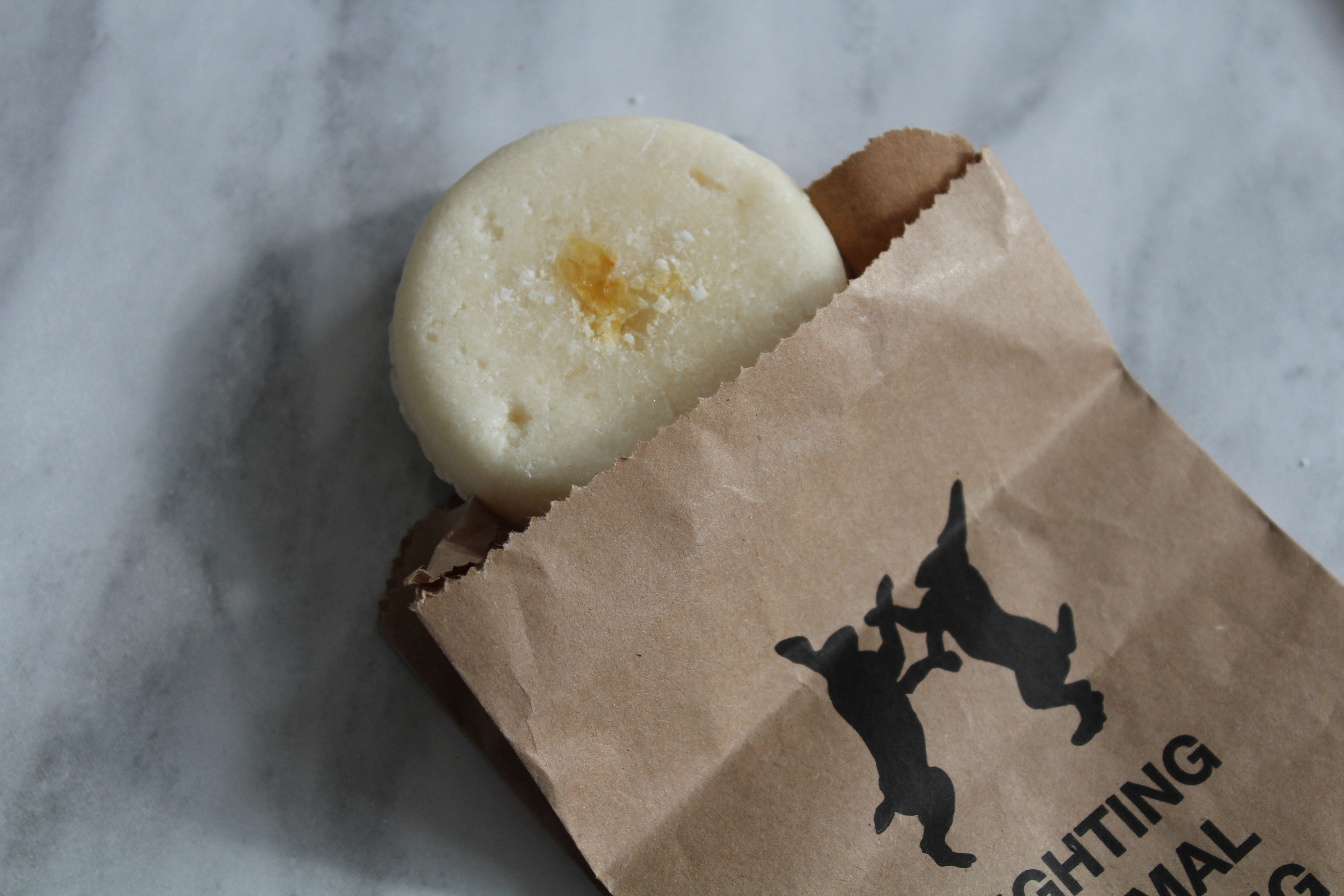Hey everyone!
I hope you all are well. Nowadays, the majority of consumers care about the ethics of their companies. We have so many options on the kind of companies that we can choose to buy from, and now more than ever it’s important to understand the environmental impacts that companies have.
Why there should be more ethical companies
Millennials especially are turning away from big corporations who test on animals in place of companies like Lush. Community initiatives are holding supermarkets responsible for their unnecessary plastic waste. And, companies who face accusations of unsustainable practices are now struggling to see success. In short; we’re no longer willing to buy from the most convenient sources. Increased knowledge of issues like these means we’re standing up and holding both ourselves and our businesses responsible.
For that reason alone, then, any company operating now could benefit from more sustainable practices. You could even go as far as to say this is a must for anyone aiming their products at millennials. But, what many businesses don’t realise is that they could benefit here in more ways than one. When you take time to consider this issue, it’s clear that sustainable practices could help companies where it matters most. We are, of course, talking about their profits.
No matter how ethical a company is, it doesn’t make sense to disregard money altogether. Hence why many companies will put profits above the environment. Without that, there won’t be a business in the first place. But, in the modern climate, that may well be the wrong way to go. In fact, profit in contemporary business now seems to go hand in hand with sustainability. To prove the point, let’s look at the financial benefits of sustainable practices.
Saving money
Many companies make the mistake of assuming sustainable practices will increase costs. But, that’s a falsehood. On the surface of things, ethical packaging may cost more, and sustainable practices could lead to longer processes and further pay for staff. But, when you break this down, the chances are that costs won’t increase long-term. In fact, these practices could save companies money. For one, consider that businesses caught committing environmental offences have to pay out for a federal crimes attorney who can clear their name. Failing that, they may have to pay penalties as we saw last year when significant corporations had to pay more than £1.5m for environmental breaches. So, while sustainable practices may cost more in the short-term, they could lead to savings over time.
Making money
The benefits here don’t stop with saving money. Sustainability can also boost profits. For one, they ensure companies don’t alienate audiences. Thus, there’s more chance of a broad reach when it comes to sales. Sustainable businesses may also find they can charge more for the same products. Small increases for things like paper packaging could boost earnings. Investors are also more willing to back sustainable and ethical companies. Even if business owners don’t see the importance of a focus here, shareholders and investment companies do. So, getting on top here could also see businesses booming when it comes to outside support.
You could argue, then, that finally paying attention here is a crucial aspect of business in 2018. The question is, do enough companies realise it?
I hope you all enjoyed this contributed post on ‘Why there should be more ethical companies’
Don’t forget to comment, share and subscribe ♥

